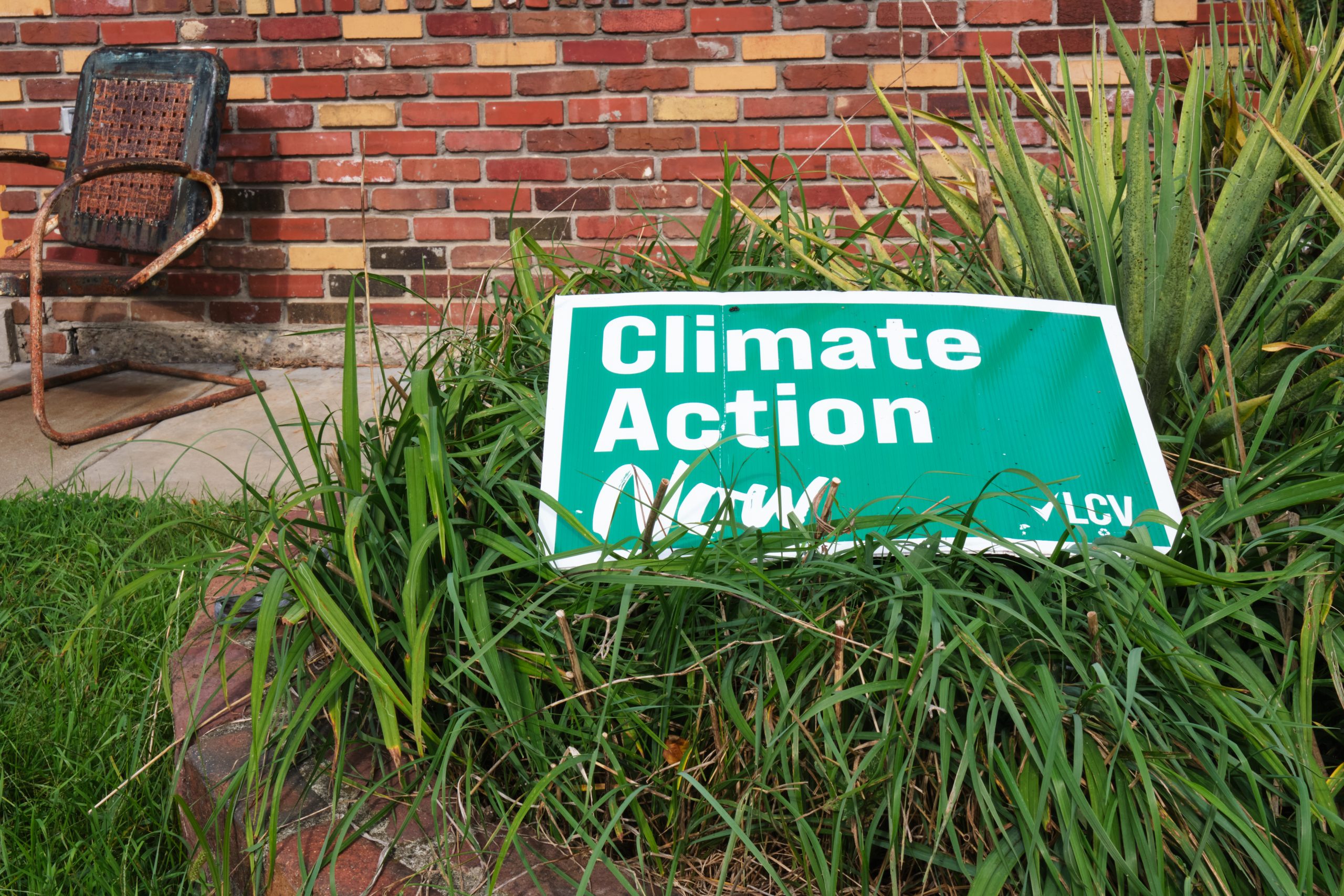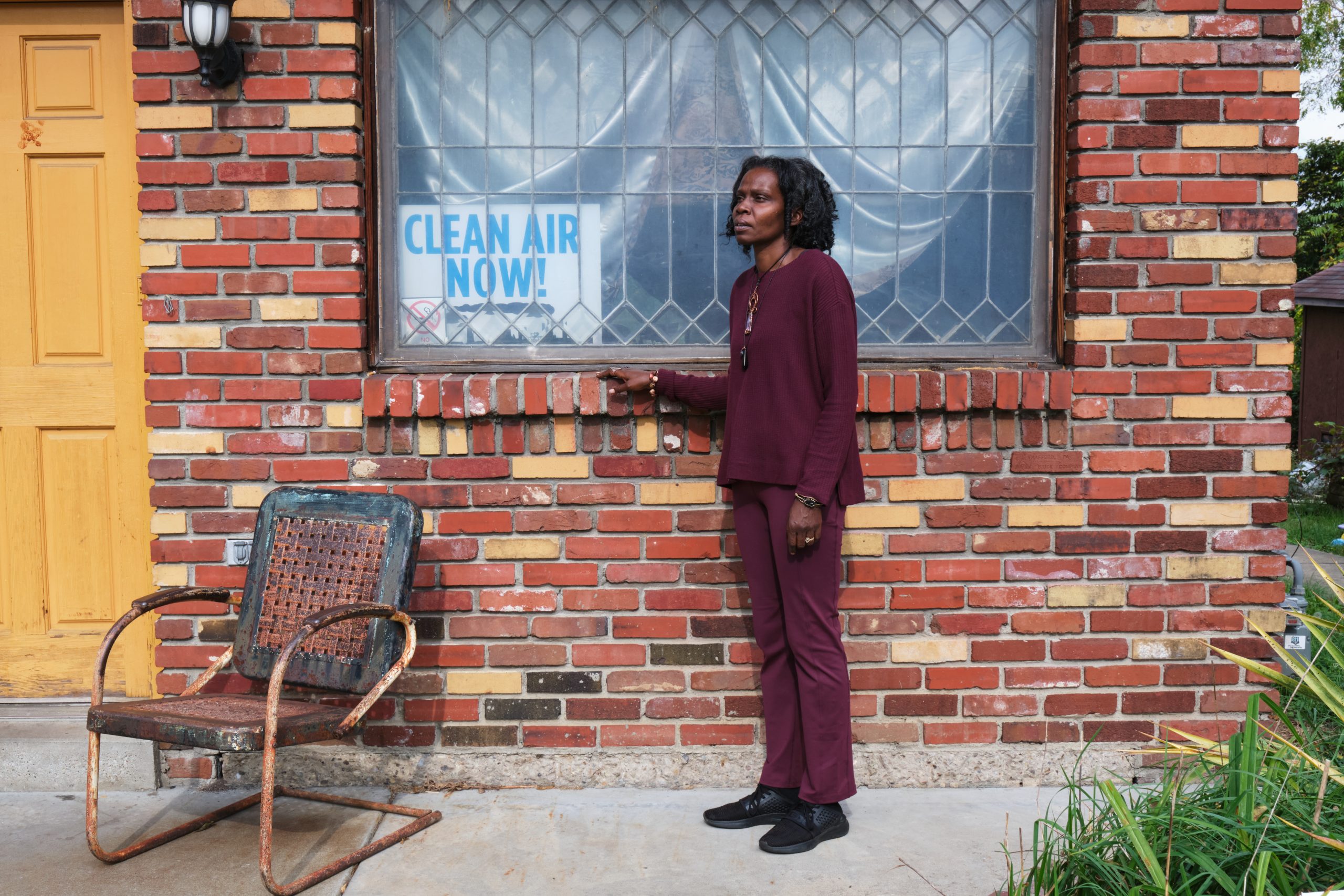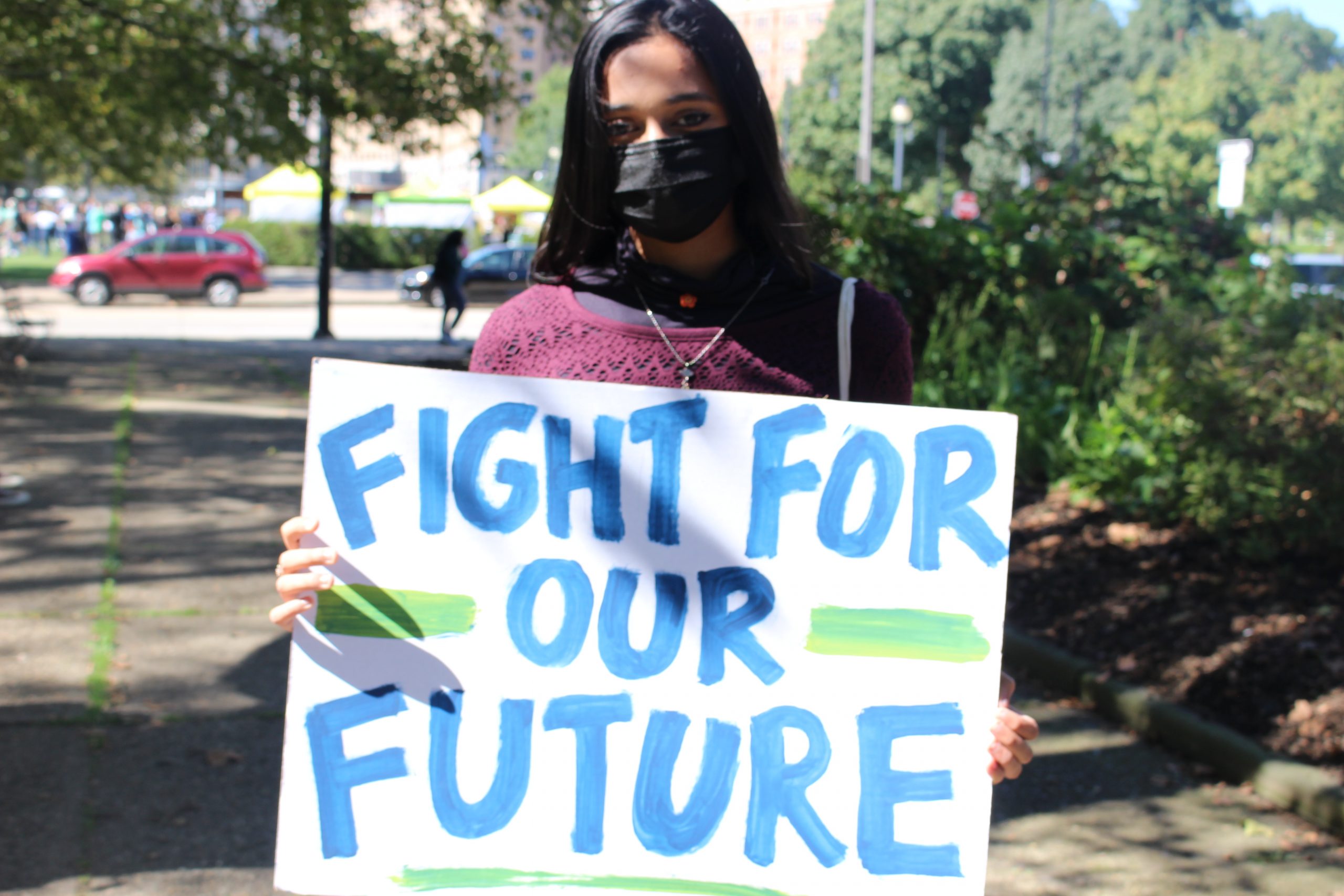Pollution’s mental toll: How air, water and climate change shape our mental health
The Allegheny Front and Environmental Health News investigated the mental health impacts of air and water pollution and climate change in western Pennsylvania.
We found alarming evidence that residents throughout the region are likely suffering changes to their brains due to pollution in the surrounding environment.
Reporting also uncovered the growing gap in mental health care as more people are traumatized by worsening climate change.
Part 1: Feeling anxious about climate change? Experts say you’re not alone
Part 2: How to address the looming crisis of climate anxiety
Part 3: Air pollution can alter our brains in ways that increase mental illness risk
Part 4: How contaminated water contributes to mental illness
Part 5: Seeking solutions: Pollution and mental health in western Pennsylvania
Additional Content: Coach for social change leaders offers support to overcome climate anxiety
What we found
-
- Harmful PM2.5 air pollution, which is linked to more ER mental health visits for children, is consistently higher in western Pennsylvania.
- Evidence that Clairton, Pa., which has some of the most polluted air in the country, is in the worst 25 percent of U.S. cities for adults experiencing 14 or more days of poor mental health each month.
- Air pollution is worse in environmental justice communities experiencing high poverty and crime, which exacerbate the local mental health toll. Black and Hispanic residents report more days of mental health struggles.
- Consistently high lead levels—which impact kids’ mental health—in regional water, contributing to the percentage of Pennsylvania children with elevated blood lead levels being more than twice as high as the national rate.
- There is profound concern, especially among many young people, about climate change, and research shows it is creating climate anxiety. Mental health experts say the profession has not yet prepared for the onslaught of this community trauma.
- There are efforts, including in Pittsburgh, to shift the current model of mental health care toward community-based care, training more people to help those with psychological needs, and creating new spaces for people to work together to discuss their feelings and experiences.
- More therapists are encouraging people to act, whether by writing to their Congressional representatives, joining climate activism, or just recycling at home, as a way to alleviate climate anxiety.
Climate anxiety
Dire warnings about climate change and the increasing number of catastrophic natural disasters are starting to impact people’s mental health. Research is still new, but evidence is mounting that climate change is contributing to a need for increased mental health care.
The Allegheny Front explored new evidence from mental health experts and delved into emerging methods of community-based therapy.
Air and water pollution
Despite years of warnings about western Pennsylvania air and water quality, the effects on mental health are not taken into account by the state’s regulatory agencies. Access to mental health resources remains inadequate.
Environmental Health News examined air and water data from national and international studies, comparing the findings to environmental and health impacts in the region. It exposed a regulatory and local health system that is largely ignoring the influence of pollution on residents’ mental wellbeing.
Environmental Health News is an award-winning nonpartisan organization dedicated to driving science into public discussion and policy. The Allegheny Front is an award-winning public media outlet focused on environmental news relevant to western Pennsylvania. The series was made possible with funds from the Pittsburgh Media Partnership.






